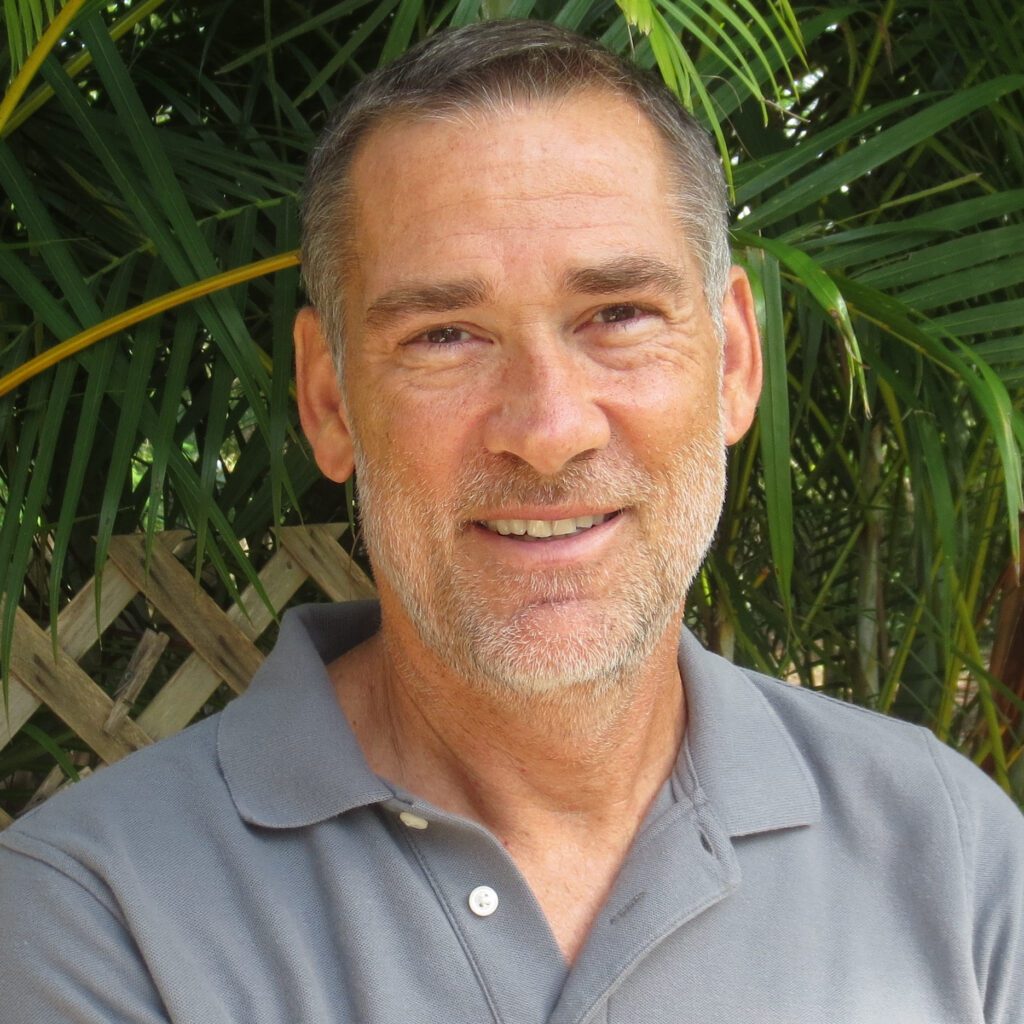Education
- Doctor of Philosophy in Organizational Leadership: Regent University, 2002.
- Doctor of Ministry in Church history & Theology: Faith Evangelical Lutheran Seminary, 1997.
- Master of Arts in History: State University of New York at Cortland, 1993.
- Master’s in Library & Information Science: Univ. of Arkansas, 1987.
- Master of Divinity in Bible and Theology: Capital Bible Seminary, 1985.
- Bachelor of Arts in Pastoral Ministries: Citadel Bible College / Calvary Bible College, 1983.
Professional Experience
- Florida Gulf Coast University, 2014-present: History instructor, FGCU Academy
- Palm Beach Atlantic University, 2012-2019: Adjunct online instructor, Leadership
- Davis College, 2011-present: Adjunct online instructor, Western Civilization, History of Christianity
- University of Phoenix, 2009-2015: Adjunct online instructor, American history
- Liberty University, 2008-present: Adjunct online instructor, Western Civilization
- Hodges University, 2007-2017: History instructor, Center for Lifelong Learning
- Hodges University, 2007-2014: Librarian, Adjunct professor, American history
- LEAH Homeschool History Class, 1995-2007: Taught high school homeschool classes, and wrote/directed historical dramas for the students. These were performed free of charge to the general public.
- Word of Life Bible Institute, 1994-2019: Visiting Professor, Church history
- Davis College, 1989–2007: Library director, Professor of history and church history
- Moody Bible Institute, 1987-1989: Librarian, Adjunct professor in theology and Bible
- Citadel Bible College, 1985-1987: Library director, Instructor in history, Greek, Hebrew
- United States Army, 1976-1979; US Army Reserves, 1981-1987
Publications
- Declare His Name: A Selection of Missionary Hero Sketches, Dramatic Readings, and Dramas for Adults and Children. Harrisburg, PA: ABWE, 2001.
- (Contributed many historical drama sketches)
- Practical Bible College: An Historical Sketch. Bible School Park, NY, 2000. (This
- was a publication on the occasion of the centennial of the college)
- Voice Magazine
- Evangelism in a Post-Modern Society. Sept/Oct 2000.
- America’s Unsuccessful Flight from Hell. Sept/Oct 2001.
- Touchstone Magazine
- The Intercessory Ministry of Praying Hyde. October 1989.
- God and General Education: A Christian Perspective. December 1993.
- Jerusalem Also Pondered. December 1996.
- The Challenge of Developing a Biblical World View. May 1998.
- The Bible’s Legacy of Changing Lives. November 2000.
- Lessons from Ireland on Prayer. July 2002.
- The Christian Librarian
- The Alice E. Chatlos Library. September 1997.
- How About an Information Literacy Chapel? 2007.
My Christian Philosophy of Education & Teaching
My educational philosophy revolves around several key words. First, there is the need of servant leadership. In my years of teaching college students, I have found that the model of faculty as servant leader best serves students, and opens their hearts and minds to a more fulfilling student experience. In practical terms, this means leaning in the students’ direction, helping and mentoring them to meet their educational goals, and being willing to spend the time and energy to help them succeed. This also means, while keeping the basic rules, making exceptions sometimes for extenuating circumstances, though that often means extra work for the teacher.
Another key concept is one’s love and passion for the subject matter. Certainly the teacher’s attitude toward the subject material is crucial for effective connection and communication. Education is as much ‘caught’ as it is ‘taught’, and the teacher’s passion for the subject helps give the material a psychological punch, so to speak. This necessitates that the teacher has really absorbed his/her education, and brought that body of knowledge to the very highest learning levels (using Bloom’s taxonomy).
It follows that teachers who have that conviction and passion for their subject will not be satisfied until their students have been pushed toward the same high learning levels. In the online learning world, this means engaging the students in discussion forums, and helping them think through the material, coming to their own convictions and opinions.
Humility is also an important trait of an excellent teacher. We have to be humble for many reasons. If we ever think we have arrived, or that our ideas no longer need testing, then we have left being teachable. Humility helps our minds to always be open for new knowledge – because we know there’s so much to learn! Some teachers mistake arrogance and haughtiness for confidence, but in my opinion, this often closes students’ minds, or provokes them to want to challenge the teacher. Students today generally appreciate teachers who are clearly learning and growing students of knowledge, and who lead the way in the pursuit of that knowledge.
I also endeavor, when teaching Christian students, to help them develop their biblical world view. This means challenging them to think and apply the truths of Scripture to whatever academic discipline we are studying. Biblical theology is the queen of sciences, so this needs to be the hub and source that informs all else.
Last, my philosophy of education propels me to instill a growing sense of inquiry in students. I want them to learn for life, not just for tests and quizzes. I want my students to get some intellectual and psychological momentum going in my classes, so that they continue to learn and ask questions. My best teachers have contributed toward my growing appetite for knowledge and understanding, and I want to be that same kind of person for others.
Personal Information
- Born: November 6, 1958 in Dade City, FL
- Marital Status: Married since June 4, 1983 to Wendy; Two adult children: Bryan and Emily
- Hobbies: Walking, biking, archery, astronomy. and reading.





